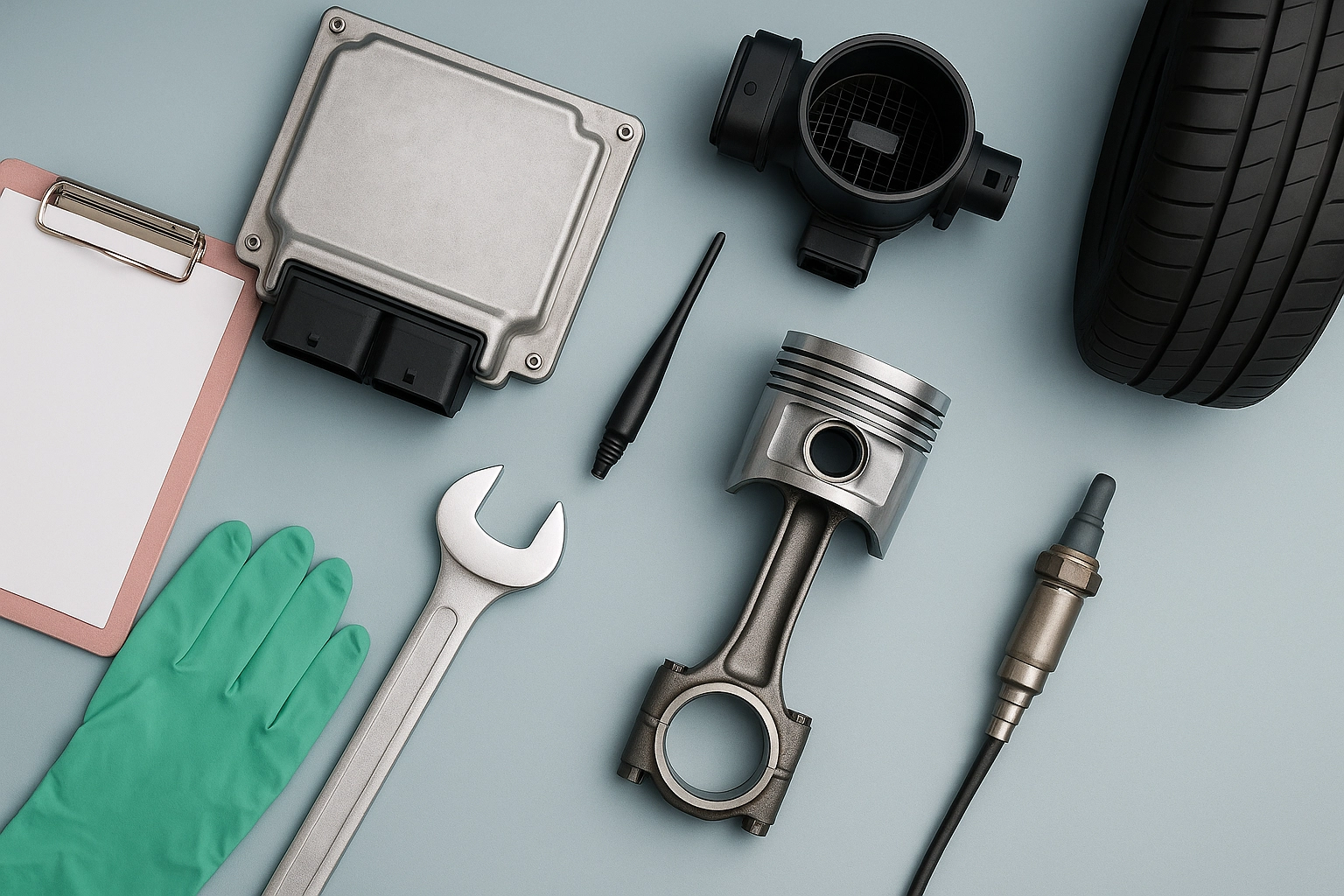SAE J3272 Engine Crankshaft Fatigue Durability
The SAE J3272 engine crankshaft fatigue durability test is a critical procedure designed to evaluate the strength and reliability of automotive crankshafts under conditions that simulate real-world engine operation. This test ensures that crankshafts can withstand the high-stress environment within an engine, particularly during extended periods of operation.
The SAE J3272 standard provides detailed guidelines for performing fatigue tests on crankshafts, ensuring consistent and reproducible results across different laboratories. This test is essential because it helps manufacturers identify potential weaknesses in their design early in the development process, preventing costly recalls or failures during production or after-market use.
The SAE J3272 test involves subjecting a specimen to a series of loading cycles that mimic the stresses encountered during engine operation. These cycles are designed to simulate the dynamic forces acting on the crankshaft as it converts reciprocating motion into rotary motion, which is a key function in internal combustion engines.
The testing process typically begins with careful preparation and selection of the test specimen. The crankshaft is mounted onto a fatigue testing machine that can apply controlled stress cycles. During these cycles, the crankshaft undergoes repeated bending until it fails or reaches its specified endurance limit. This allows engineers to assess the structural integrity of the crankshaft under simulated operating conditions.
The results of the SAE J3272 test are crucial for quality assurance and compliance with industry standards. Compliance with this standard ensures that automotive components meet rigorous performance expectations, enhancing safety and reliability in vehicles. The data obtained from these tests is vital for continuous improvement in manufacturing processes and design iterations.
For manufacturers, the SAE J3272 test provides a valuable tool to ensure their products meet the highest quality standards. By adhering to this standard, they can demonstrate compliance with international best practices and build trust with consumers who value safety and reliability.
Scope and Methodology
| Test Specimen | Testing Parameters | Endurance Cycles |
|---|---|---|
| Crankshaft specimen to be tested. | Load, frequency, and duration of stress cycles. | Number of cycles required for failure or endurance limit. |
The SAE J3272 test involves a series of standardized procedures designed to evaluate the fatigue resistance of crankshafts. The specimen is subjected to cyclic loading that simulates real-world engine operations, including acceleration and deceleration during driving. The testing process follows specific parameters outlined in the standard, ensuring consistent results.
The endurance limit for the test is determined based on the specified number of cycles until failure or the maximum stress that can be applied without causing failure. This ensures that the crankshaft can withstand the stresses it will encounter over its operational life without failing prematurely.
Quality and Reliability Assurance
- Compliance with SAE J3272 standards for consistent test results.
- Use of advanced fatigue testing machines capable of precise control over stress cycles.
- Detailed documentation of all testing parameters and results.
- Regular calibration and maintenance of testing equipment to ensure accuracy.
The quality and reliability assurance process in SAE J3272 testing is critical for ensuring the integrity and safety of automotive components. Compliance with this standard ensures that crankshafts meet the highest level of performance expectations, enhancing overall vehicle reliability.
Advanced fatigue testing machines are used to apply controlled stress cycles, allowing for precise measurement of how the crankshaft responds under simulated engine operating conditions. This precision is crucial for identifying any weaknesses in design or manufacturing processes early on.
Detailed documentation of all test parameters and results helps maintain a record that can be referenced for quality control purposes. Regular calibration and maintenance of testing equipment ensure that all measurements are accurate, contributing to the reliability of the test outcomes.
Competitive Advantage and Market Impact
The SAE J3272 engine crankshaft fatigue durability test provides significant advantages in the automotive industry. By ensuring compliance with this standard, manufacturers can demonstrate their commitment to quality and safety, which is crucial for maintaining a competitive edge in the market.
Compliance with SAE J3272 helps companies meet stringent regulatory requirements, thereby avoiding costly penalties and potential product recalls. This not only protects consumer safety but also enhances brand reputation and customer trust. In a highly regulated industry, compliance can be a differentiator that sets a company apart from competitors.
The test results contribute to continuous improvement in manufacturing processes and design iterations. By identifying any weaknesses early on, manufacturers can make necessary adjustments to their production lines or redesign components as needed. This proactive approach ensures that products are not only safe but also reliable, leading to higher customer satisfaction and loyalty.





